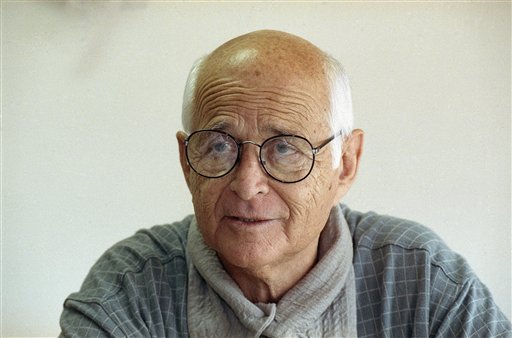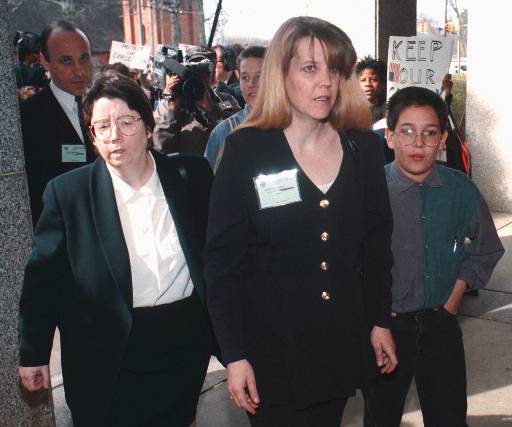People for the American Way (PFAW) a Washington D.C.–based progressive public interest organization, advances its causes through litigation, grassroots organization and information dissemination campaigns.
It lobbies at the local, state and national levels for such causes as protection of abortion rights, expanded civil rights laws, and increased voter registration.
People for the American Way has advocated for First Amendment freedoms
It has focused a great deal of its political and financial capital on First Amendment advocacy in the areas of religious freedom and freedom of expression. The organization frequently files or signs on to amicus briefs in First Amendment cases before the Supreme Court.
People for the American Way was founded in 1981 by the television director, writer, and producer Norman Lear to combat what was then, according to its statement was “a new and disturbing political movement in America” — the rise of the religious right. (Lear died in December 2023.)
In a 1992 interview with Commonweal magazine, Lear said he acted because he felt people such as Jerry Falwell and Pat Robertson were “abusing religion” according to an obituary in Fortune magazine in 2023
“And I started to say, This is not my America. You don’t mix politics and religion this way,” Lear said.
Early efforts included a series of television commercials featuring celebrities, among them Goldie Hawn and Muhammad Ali, advocating a message of “respect for individual liberty, celebration of diversity, love of country, and of the democratic institutions at its core.”

Television producer and writer Norman Lear founded People for the American Way in 1981. Lear, shown here in 1991, is known for his work on sitcoms “All in the Family,” “The Jeffersons” and “Maude.” (AP Photo)
PFAW is known for opposition to Republican judiciary nominations
Perhaps People for the American Way's most prominent role in the public policy arena has been its efforts to shape the selection of the federal judiciary, typically opposing Republican appointments and supporting Democratic ones.
People for the American Way first entered the fray in 1987 as a vocal opponent of Judge Robert Bork, one of President Ronald Reagan’s nominees to the Supreme Court, and in 1991 against Judge Clarence Thomas, named to the Court by President George H. W. Bush. Bork was rejected; Thomas was confirmed.
The organization's role was the same: a massive information dissemination campaign targeted at the public, but also at members of the Senate. It generally supported the Clinton administration’s judicial nominees, but again became an ardent opponent when Republican George W. Bush became president. It targeted Bush’s controversial federal appeals court nominations of Janice Rogers Brown, Miguel Estrada, Charles W. Pickering and William H. Pryor.
This article was written by James T. Gibson and published in 2009 when Mr. Gibson was staff counsel for the Baptist Joint Committee for Religious Liberty.

